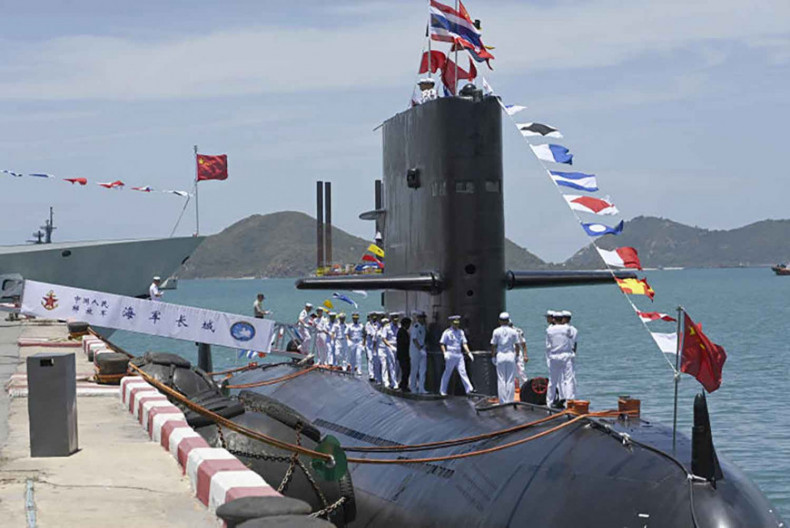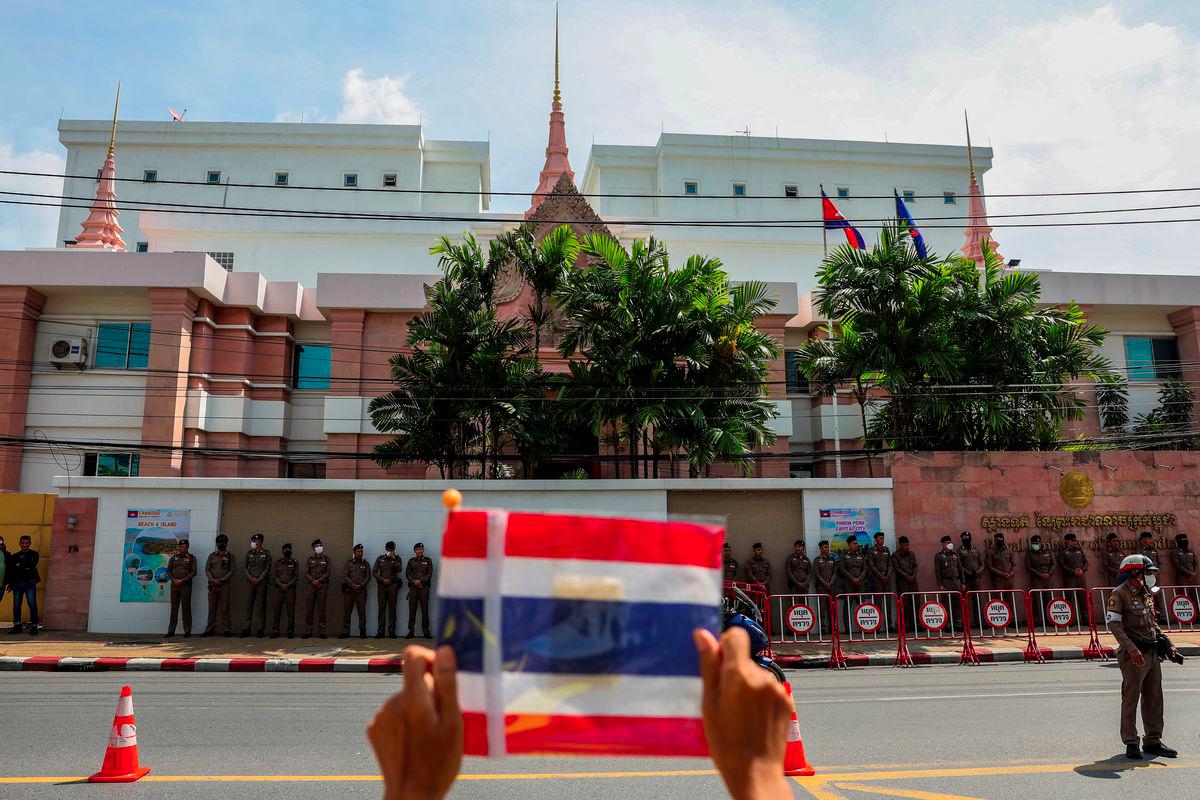Cabinet Greenlights Submarine Deal Changes
Switching to CHD620 Engines
On August 5, 2025, Thailand’s cabinet approved amendments to the stalled Yuan Class S26T submarine project, allowing the use of Chinese-made CHD620 diesel engines instead of the originally planned German MTU396 engines, which were blocked by export restrictions. Acting Prime Minister Phumtham Wechayachai, also serving as deputy prime minister and interior minister, confirmed the decision but withheld further details, citing confidentiality. The approval extends the construction timeline by 1,217 days, revitalizing a key naval procurement initiative.
Project Progress and Financials
Overcoming Procurement Delays
The 2017 government-to-government agreement between Thailand and China Shipbuilding & Offshore International Co hit a roadblock in 2021 when Germany declined to supply MTU engines due to the deal’s military implications. With 64% of the submarine’s construction complete and 7.7 billion baht paid across 10 of 18 installments, the remaining 5.5 billion baht awaits disbursement. The switch to Chinese engines aims to resolve these setbacks, enabling the Royal Thai Navy to advance its underwater capabilities and strengthen national defense.
Engine Performance Assured
Certified for Safety and Efficiency
Rear Admiral Paraj Ratanajaipan, deputy spokesman for the Royal Thai Navy, expressed gratitude for the cabinet’s approval, emphasizing that the CHD620 engine has undergone rigorous testing and surpasses the performance and safety standards of the German alternative. Certified by Lloyd’s Register, a global maritime authority, the engine is already operational in submarines of other nations. Paraj assured the public that this strategic asset will enhance Thailand’s ability to protect maritime interests and sovereignty.
Confidentiality Amid Broader Plans
Military Procurement Kept Under Wraps
Phumtham declined to elaborate on additional military acquisitions, including reported plans for Gripen fighter jets, citing the sensitive nature of ongoing operations. He noted that the cabinet discussed the submarine project but unresolved details remain, underscoring the classified nature of defense matters. As Thailand navigates regional tensions, the approval of the submarine deal reflects a strategic push to modernize its naval forces while maintaining discretion to safeguard national security interests.









